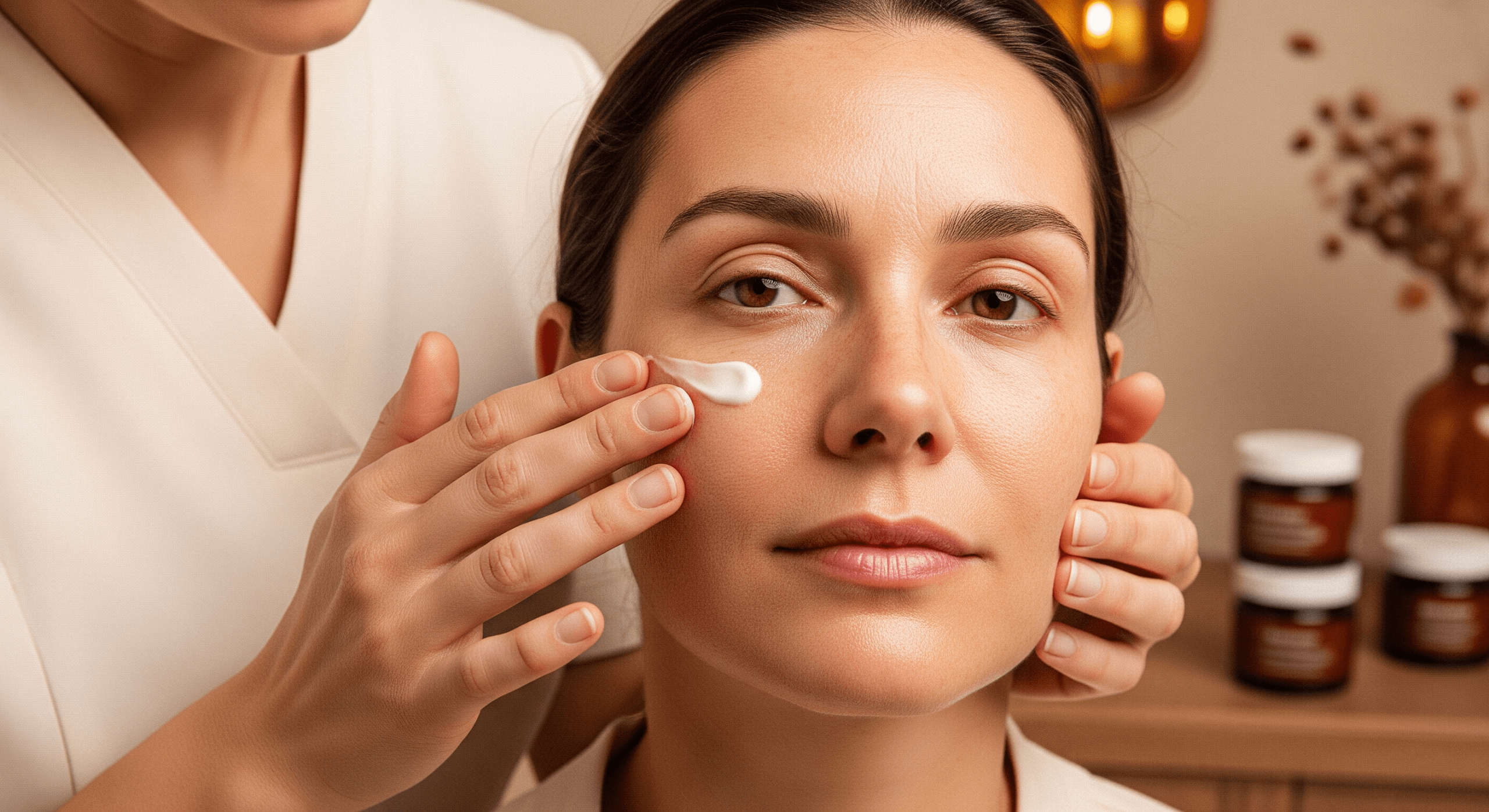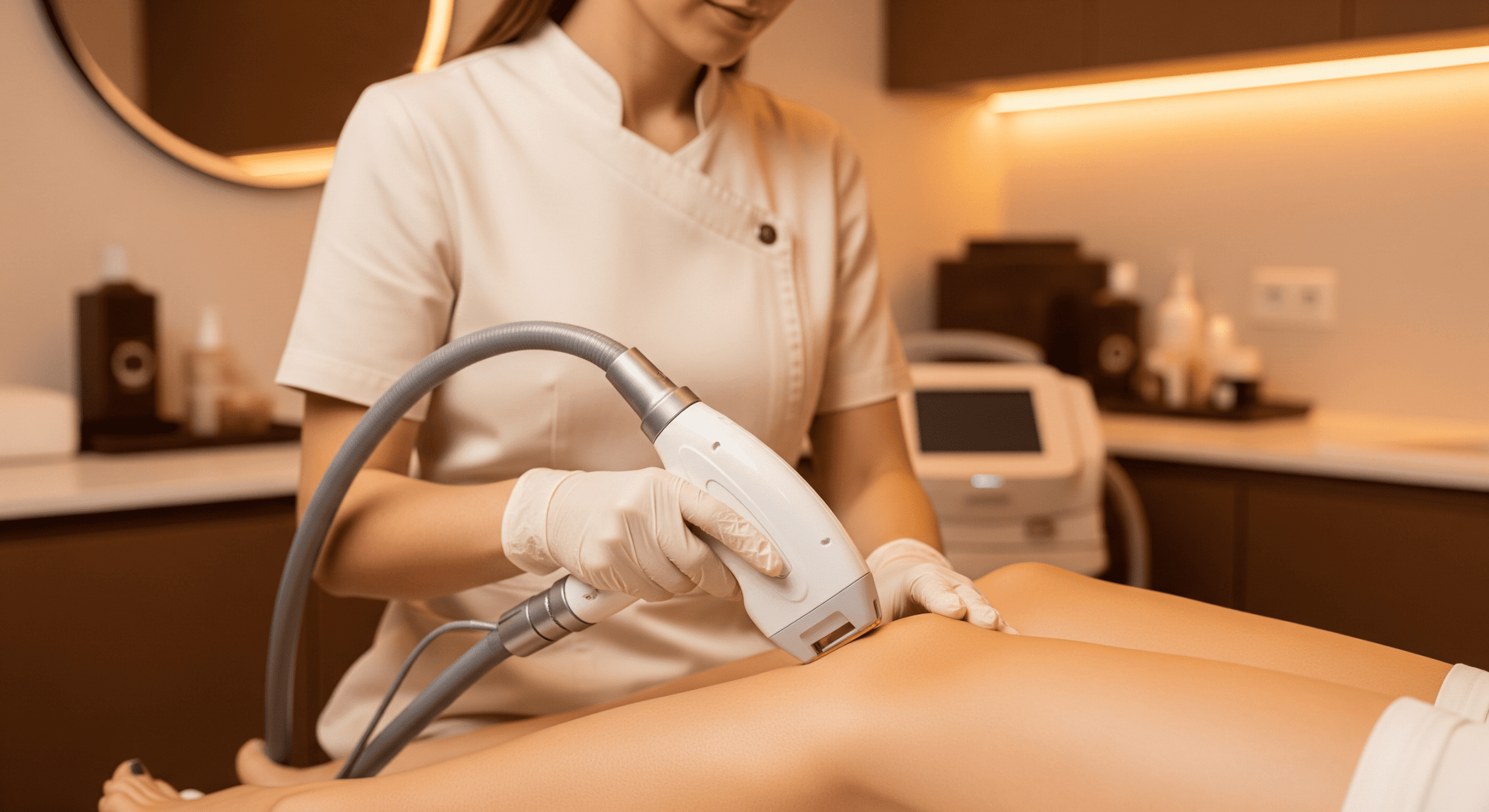When it comes to aging skin, we often point the finger at sun damage, pollution, or genetics. But there’s another powerful player behind the scenes: hormones. The drop in hormone levels—especially estrogen, progesterone, and testosterone—can kickstart a whole host of changes in your skin’s texture, elasticity, and appearance.
Understanding the role of hormones in skin aging isn’t just a biology lesson—it’s a roadmap to taking better control of your skincare routine and overall wellness. Let’s unpack the hormonal domino effect and how to respond like a pro.
TLDR – Quick Guide
- Hormones like estrogen and testosterone directly affect skin collagen, hydration, and elasticity.
- Menopause significantly accelerates skin aging due to estrogen drop.
- Hormonal imbalances can lead to acne, sagging, dryness, and wrinkles.
- Treatments range from hormone replacement therapy (HRT) to topical cosmeceuticals and lifestyle changes.
- Your skincare strategy should evolve with your hormonal landscape.
Detailed Breakdown
1. Estrogen: The Skin’s Silent Supporter
Estrogen stimulates collagen production, increases skin thickness, and boosts hydration by encouraging hyaluronic acid synthesis. As estrogen levels decline during perimenopause and menopause, the skin loses its plumpness, leading to wrinkles, thinning, and dryness.
A study published in Dermato-Endocrinology shows that women lose about 30% of skin collagen in the first five years after menopause [source].
2. Testosterone and Its Sneaky Side Effects
Though commonly associated with men, women also produce testosterone in smaller amounts. This hormone helps regulate oil production. Too much testosterone (often seen in PCOS) can lead to acne and oily skin. On the flip side, declining testosterone can reduce skin regeneration and firmness.
3. Progesterone: The Hydration Hormone
Progesterone supports skin elasticity and promotes circulation, giving skin a youthful glow. Its reduction can make the skin look dull and lifeless, often adding to the tired, aged appearance during menopause.
4. The Cortisol Conundrum: Stress and Skin
Cortisol, the stress hormone, might not be a key player in natural aging, but chronic high levels can damage the skin barrier and lead to increased sensitivity and premature aging. It breaks down collagen and elastin—two proteins essential for youthful skin.
5. How to Fight Back: Treatments & Tactics
- HRT & Bioidentical Hormones: These can partially restore estrogen and progesterone levels, improving skin thickness and hydration. However, consult your doctor due to potential risks.
- Topical Skincare: Products containing peptides, retinoids, hyaluronic acid, and antioxidants help counteract hormonal aging effects.
- Lifestyle Adjustments: Diet rich in phytoestrogens (like flaxseed and soy), strength training (to balance hormones), and good sleep hygiene can all support hormonal balance.
- Professional Treatments: Medical spas, like Skin Care Institute, offer advanced therapies including microneedling, laser treatments, and hydrafacials that stimulate collagen and reverse aging signs.
Key Takeaways
- Hormones in skin aging are not just a side-note—they’re central to how and when your skin shows signs of age.
- Estrogen, progesterone, testosterone, and cortisol each play a distinct role in skin health.
- There’s no one-size-fits-all fix, but understanding your hormonal profile can lead to smarter skincare and better results.
- Professional guidance, targeted products, and strategic lifestyle shifts can drastically improve aging skin symptoms caused by hormonal changes.
FAQs
How do hormones affect skin aging?
Hormones regulate collagen production, skin hydration, and elasticity. Imbalances or reductions in hormones like estrogen and progesterone can accelerate skin aging, leading to wrinkles, dryness, and sagging.
Does menopause always cause skin changes?
Yes, the hormonal drop during menopause, particularly in estrogen, often results in thinner, drier, and more wrinkled skin. These changes vary in severity but are a common part of the aging process.
Can hormone replacement therapy help my skin?
Hormone replacement therapy (HRT) can improve skin thickness, hydration, and elasticity by supplementing estrogen and/or progesterone. However, it’s essential to weigh the benefits against potential risks with your healthcare provider.
Are there natural ways to balance hormones for better skin?
Yes, eating foods high in phytoestrogens, exercising regularly, managing stress, and sleeping well can help regulate hormones and improve skin health naturally.
Do men experience hormone-related skin aging too?
Absolutely. As testosterone levels decline with age, men may notice reduced skin elasticity, dryness, and slower wound healing. Although the changes are often less dramatic than in women, they’re still significant.


